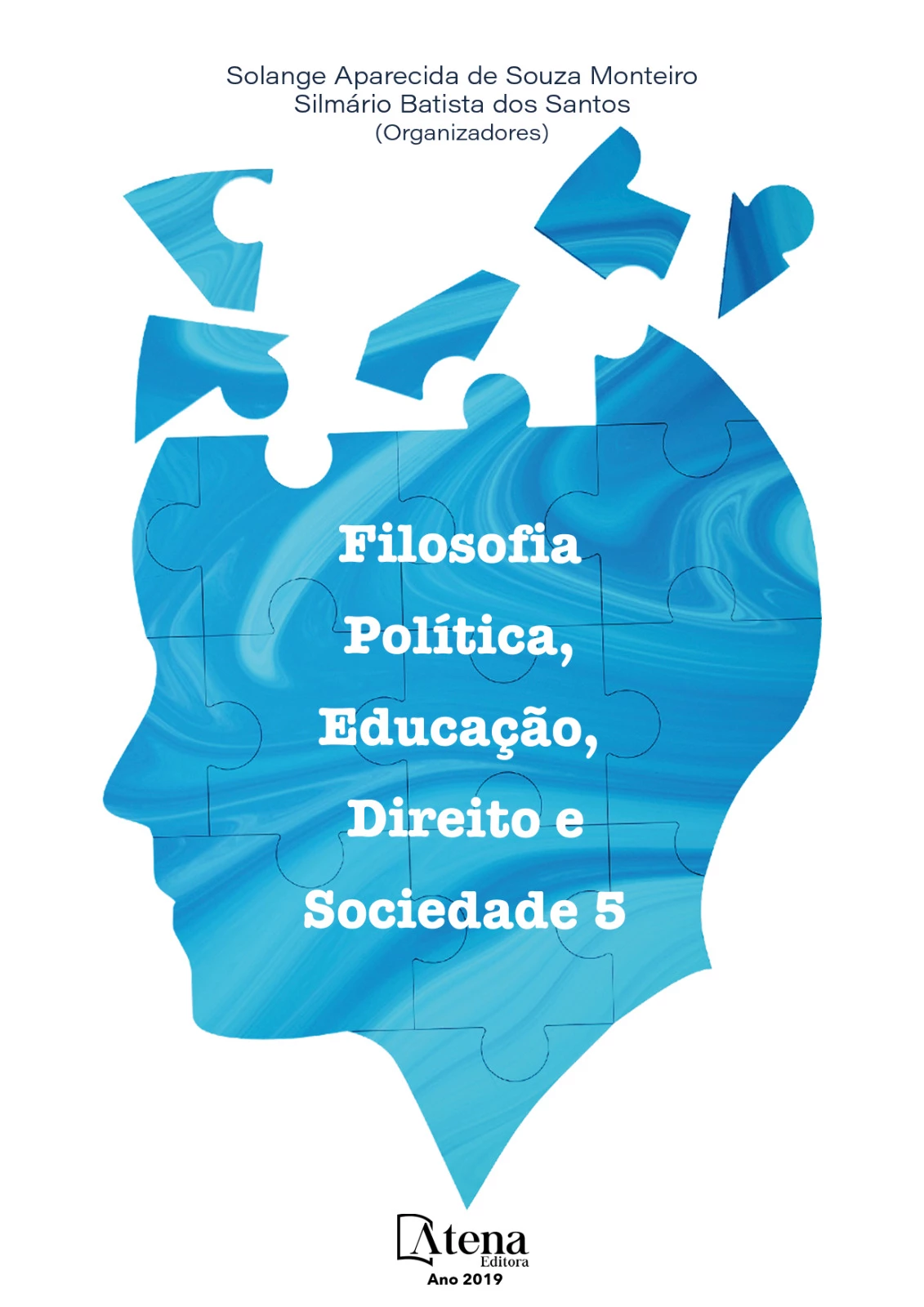
A MÁQUINA DISCIPLINADORA: CONTRIBUIÇÕES DE FOUCAULT PARA EDUCAÇÃO ESCOLAR
O presente artigo tem como objetivo
principal investigar os conceitos de Poder,
Disciplina e Vigilância propostos por Michael
Foucault nos espaços formativos escolares
no contexto da sociedade contemporânea.
Ainda, analisar as implicações do trabalho
pedagógico na escola referente a disciplina
dos corpos estudantis, que tornam os alunos
seres suscetíveis a repressão e sujeitos aptos
as coibições ordenadas por uma sociedade
regularizadora. Segundo Michael Foucault as
relações de poder não estão exclusivamente
centradas no Estado, pois funcionam de forma
circular e alcançam todo o corpo social, em que
não existe um poder exterior, de modo que,
forma-se uma teia de relações concretizando
que todo tipo de interação seriam vínculos que
se articulam de poder. Por consequência a
disciplina e a vigilância atuam como mecanismos
de controle que através de técnicas minuciosas
tem por objetivo moldar o comportamento dos
seres humanos para se tornarem suscetíveis
a obediência e subservientes a norma. Desta
maneira, tais mecanismos acarretam na
produção de corpos dóceis, ou seja, sujeitos
submissos, passivos, obedientes que se
encaminham na contramão do objetivo
pedagógico das mesmas instituições, que é o
de formar indivíduos autônomos, pensantes,
críticos e reflexivos. Para análise desses
apontamentos foi fundamental a contribuição
de Michael Foucault, por meio de um estudo
bibliográfico das obras Microfísica do Poder
(1996) e Vigiar e Punir (1999). Dessa forma na
primeira parte foi feito uma definição conceitual
dos termos: Poder, Disciplina e Vigilância para
que a partir deles, na segunda parte, fosse
possível realizar uma análise das instituições
de ensino caracterizadas como aparelhos para
vigiar e punir. Como resultado, concluímos
que há a necessidade de que, os profissionais
educacionais compreenderem os mecanismos
disciplinares frequentemente utilizados nas
instituições de ensino, a fim de que haja
possibilidades emancipatórias de se pensar a
escola enquanto formadora e interceptora de
espaço e tempo de liberdade e autonomia.
A MÁQUINA DISCIPLINADORA: CONTRIBUIÇÕES DE FOUCAULT PARA EDUCAÇÃO ESCOLAR
-
DOI: 10.22533/at.ed.98819040221
-
Palavras-chave: Educação; Poder; Disciplina; Vigilância; Michael Foucault.
-
Keywords: Education; Power; Discipline; Surveillance; Michael Foucault.
-
Abstract:
This article has as main objective
to investigate the concepts of Power, Discipline
and Surveillance proposed by Michael Foucault in the educational spaces in the context
of contemporary society. Also, to analyze the implications of the pedagogical work in the
school referring to the discipline of the student bodies, that make the students beings
susceptible to repression and able subjects to the restraints ordered by a regularizing
society. According to Michael Foucault, power relations are not exclusively centered in
the State, because they operate in a circular way and reach the whole social body, in
which there is no external power, so that a web of relations is formed, concretizing that
all kinds of interactions would be links that are articulated with power. Consequently,
discipline and vigilance act as control mechanisms that through meticulous techniques
aim to shape the behavior of human beings to become susceptible to obedience and
subservient to the norm. In this way, such mechanisms lead to the production of docile
bodies, that is, submissive, passive, obedient subjects that are moving against the
pedagogical objective of the same institutions, which is to form autonomous, thinking,
critical and reflexive individuals. For the analysis of these notes, it was fundamental
the contribution of Michael Foucault, through a bibliographical study of the works
Microphysics of Power (1996) and Vigiar e Punir (1999). Thus, in the first part, a
conceptual definition of the terms Power, Discipline and Surveillance was made so that
from the second part it was possible to carry out an analysis of the teaching institutions
characterized as apparatuses to watch over and punish. As a result, we conclude that
there is a need for educational professionals to understand the disciplinary mechanisms
often used in educational institutions, so that there is an emancipatory possibility of
thinking about school as a formator and interceptor of space and time of freedom and
autonomy.
-
Número de páginas: 15
- MARTA REGINA FURLAN DE OLIVEIRA


